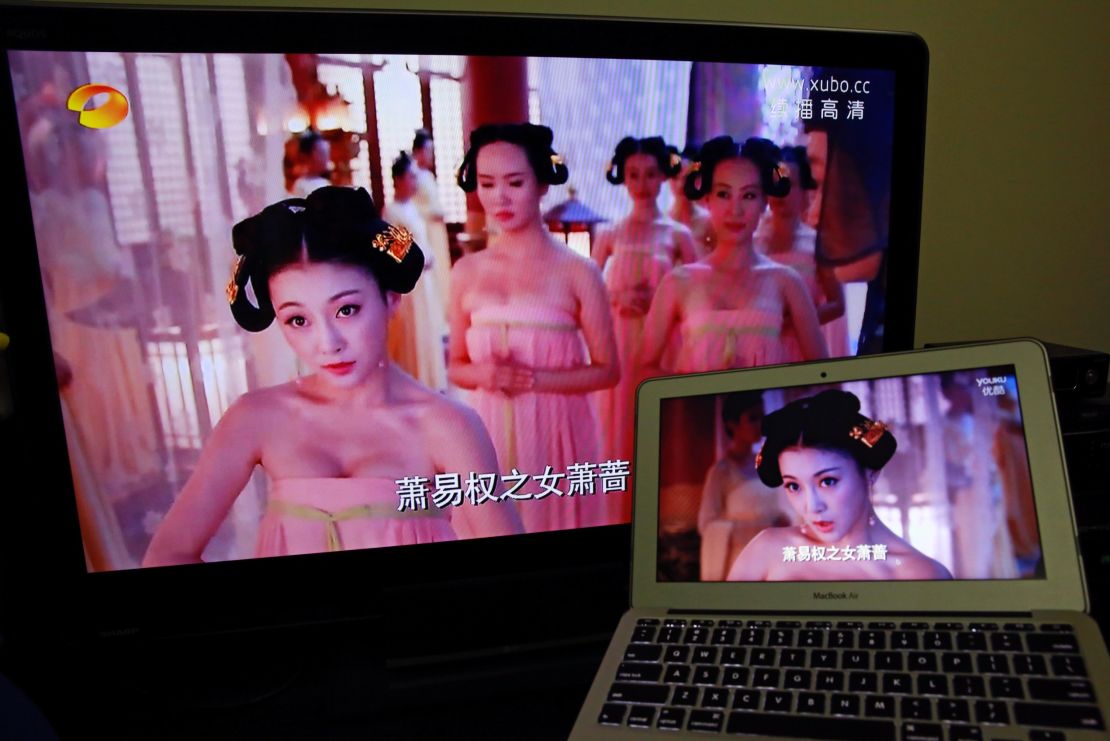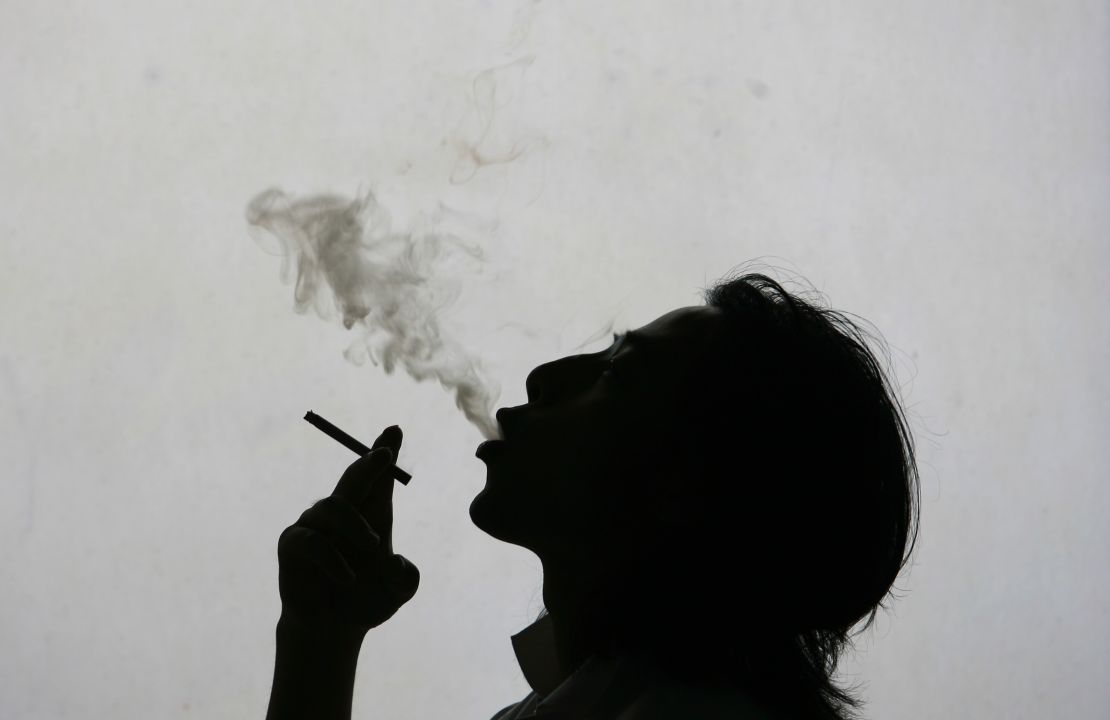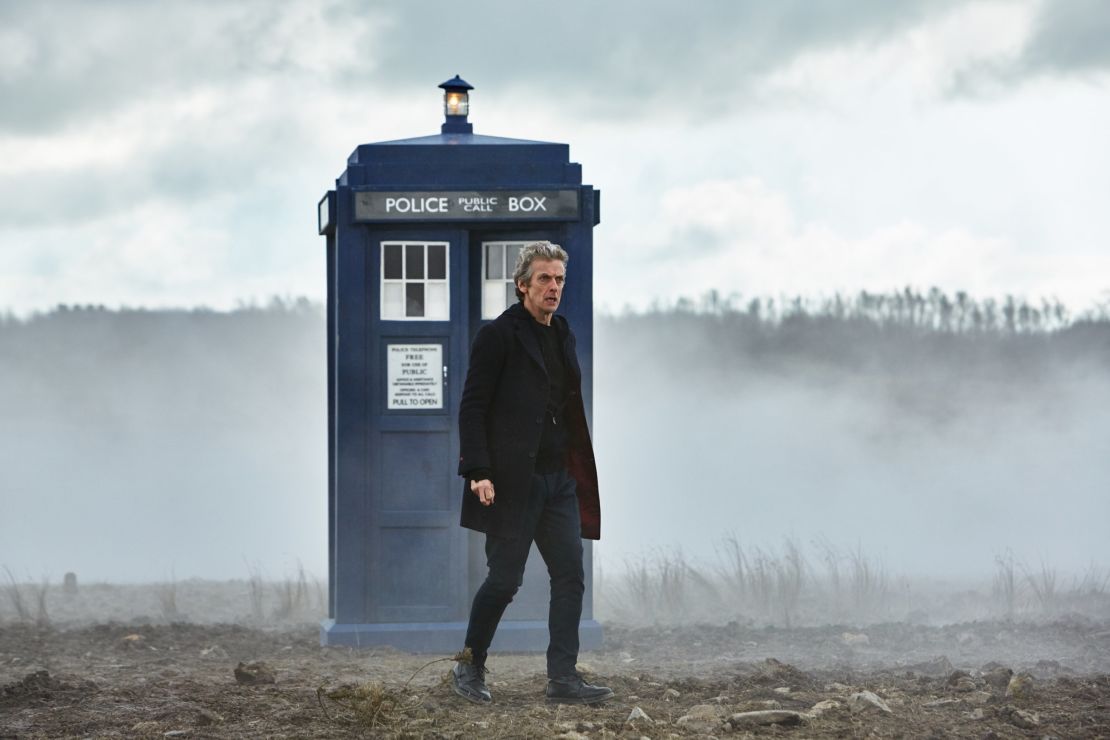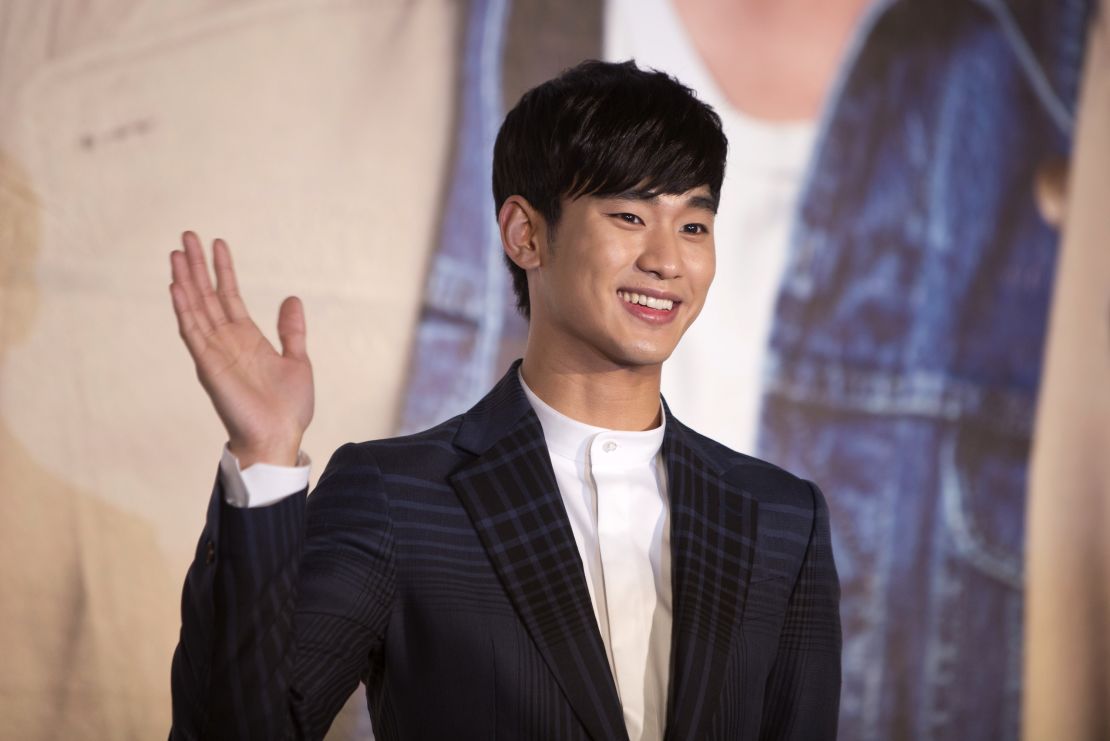New guidelines issued by China’s top media regulator have prohibited TV shows that promote “Western lifestyles,” adding to a long list of banned items.
According to the state-run Xinhua news agency, shows should refrain from content that expresses “overt admiration for Western lifestyles,” jokes about Chinese traditions or defiles “classic materials.”
“They should also avoid putting stars, billionaires or internet celebrities on pedestals; or sensationalizing private affairs, relationships or family disputes,” Xinhua said.
Here’s what else is on China’s blacklist.
Cleavage

After “The Saga of Wu Zetian,” a TV drama about China’s only female emperor, attracted great viewership figures, it was abruptly pulled from broadcast in January 2015 for “technical reasons.”
Nicknamed “The Saga of Wu’s Breasts” due to the generous amounts of cleavage shown by the actresses’ Tang dynasty period costumes, the show returned a few days later, with a lot less skin.
Censors ordered the show’s editors to crop the footage to hide any cleavage, resulting in much tighter shots on stars’ faces, and widespread outrage online.
China cracks down on cleavage at cosplay convention
Celebrity kids

In a move that might be welcomed by some US television audiences tired of certain reality dramas, China’s censors in April banned the use of celebrities’ children on screen, killing one of the country’s most popular shows in the process.
Regulators said minors should be kept out of the spotlight to allow them to enjoy a normal childhood.
The ban came after the breakout success of “Dad, Where Are We Going?”, a weekly series in which celebrity fathers took their kids on trips around China, and raked in millions of viewers in the process.
Drinking and smoking

A directive released in March slapped stringent new guidelines onto online shows, which have been steadily growing in popularity in recent years.
The “General Rules for Television Series Content Production” were drafted in order to “thoroughly implement (Chinese President) Xi Jinping’s speech at the national forum on literature,” in which he stressed that art must serve a social purpose.
Some of the first things to be hit by the new rules were shows that promote “smoking and drinking, fighting, and other unhealthy behavior.”
China has severe problems with both smoking and alcohol. Around 68% of Chinese men are smokers, with one million Chinese people dying from smoking related diseases in 2010, according to The Lancet.
Homosexuality

Though China has come a long way since homosexuality was declassified as a mental illness 15 years ago – with several cities across the country hosting gay pride parades and prominent LGBT celebrities making waves – the censors haven’t got the memo.
Guidelines released this year categorize homosexuality as an “abnormal sexual behavior” unfit for China’s TV screens, alongside incest, sexual abuse and other “perversion.”
“Addiction,” a popular web drama about romantic relationships between teenage boys, was pulled in February, despite attracting almost 10 million views in its first 24 hours of release.
Time travel

Too many science fiction dramas “casually make up myths, have monstrous and weird plots, use absurd tactics, and even promote feudalism, superstition, fatalism and reincarnation,” China’s regulators complained in a March 2011 diktat.
Speaking to the Hollywood Reporter at the time, film critic Raymond Zhou suggested another reason the censors were so keen to kill sci-fi shows: “Most time travel content that I’ve seen … is actually not heavy on science, but an excuse to comment on current affairs.”
Indeed, the regulation said that in many instances “producers and writers are treating serious history in a frivolous way, which should by no means be encouraged anymore.”
South Koreans

Following the deployment of the US-South Korean THAAD missile defense system last month, some of Korea’s most successful exports may have found their fortunes waning in China.
A fan event in Beijing with South Korean TV stars Kim Woo-bin and Suzy Bae was postponed due to “forces beyond our control,” the organizers said on Weibo. Two concerts by the popular boy band EXO in Shanghai were also canceled.
According to multiple media reports, Chinese TV stations were also warned to put South Korean projects on hold.
The alleged ban on South Koreans came after an edict issued by the media regulator in June imposed “strict limits on foreign-inspired TV programs in a bid to boost innovation of homemade programs,” according to Xinhua.




